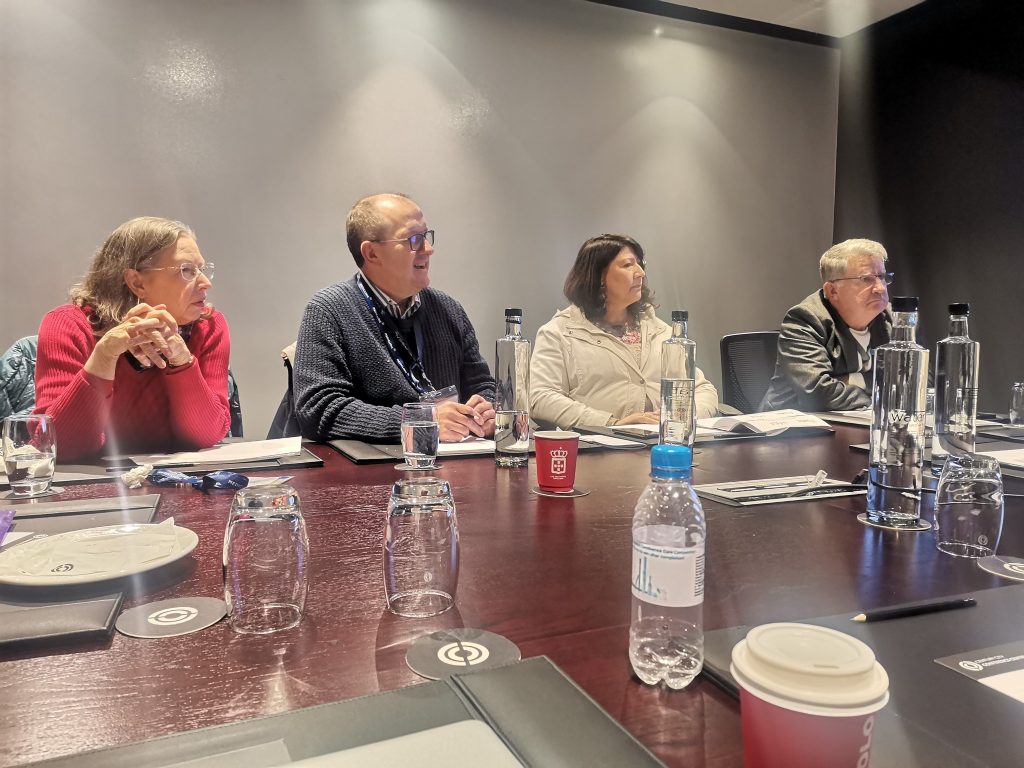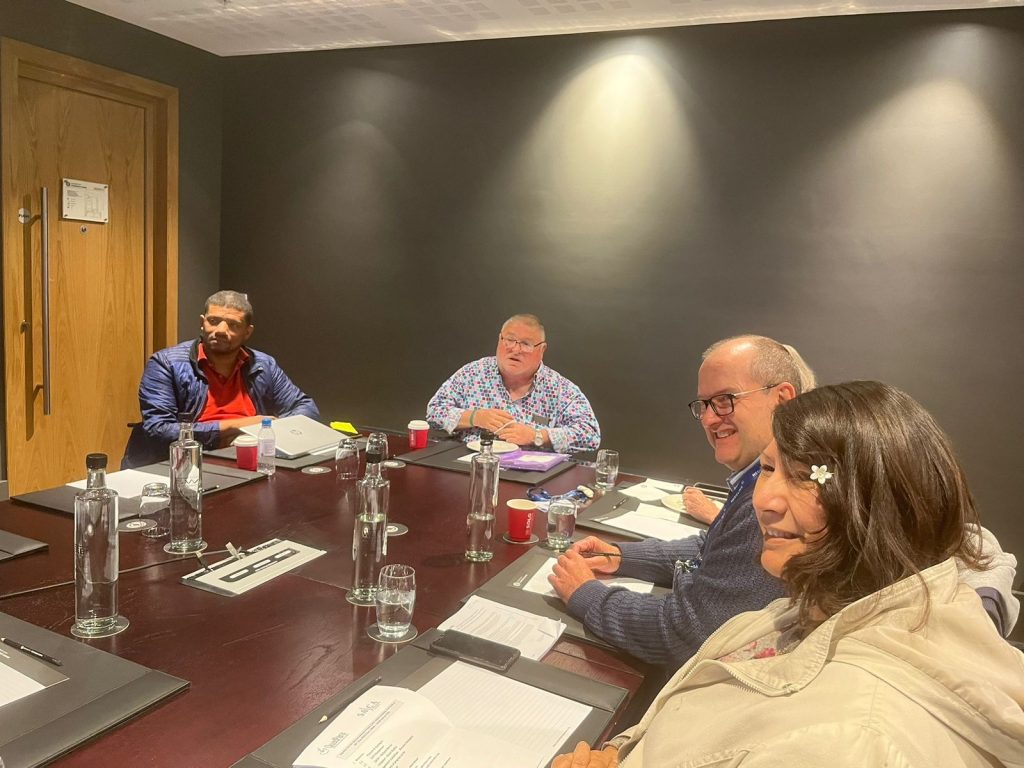Research into the standards of care, particularly in the long term phase (for example, post-acute and rehabilitation), revealed significant differences and gaps within and between both public and private sectors, which is driven by a lack of coordinated care with inadequate benefits and funding. This leads to less than optimal outcomes and associated morbidities.
To consolidate the long-standing relationship between QASA and the Southern African Spinal Cord Association (SASCA), the Clinical Advisory Panel (CAP) was formed under SASCA.

SASCA consists of a multidisciplinary and representative group of health care professionals who promote the treatment and rehabilitation of spinal cord injuries and afflictions through the provision of information to healthcare professionals and policy makers. SASCA networks with all relevant governmental and non-governmental organisations, academic institutions, funders and other service providers.
CAP is a multi-disciplinary and multi-representative body of clinicians and consumers with substantial experience in this field. It serves as a reference for all stakeholders on matters relating to spinal cord injuries and afflictions.
A priority project for CAP was developing and publishing a set of best practice recommendations for bladder management in spinal cord-afflicted patients in South Africa. As custodians of these guidelines, CAP is ideally positioned to evaluate and advise on evidence-based care for this specific patient population.
The members are also acutely aware of the realities of funding and other constraints, and is able to assess care and treatment gaps within such contexts, without compromising quality of care. We have similarly embarked on developing same for bowel management in the same population.
With its long history of advocating and lobbying for its members, QASA aims to improve the access to quality healthcare for its members through its participation in CAP. Stay tuned to learn more about the work being done by the Panel.

